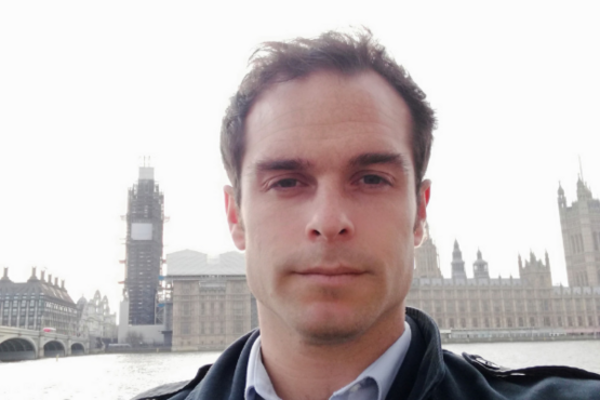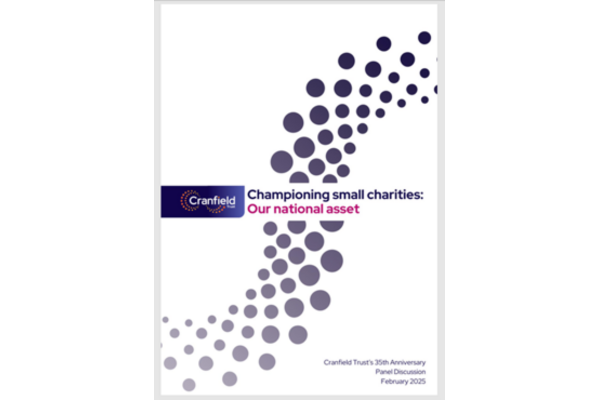Chris Kerr is a volunteer in the South West region. In his guest blog, he talks about what he has learnt about leadership as a Cranfield Trust volunteer.
1. Great leaders inspire rather than scare their followers.

Let’s say I want to build a house for the homeless. If I put a gun to your head and tell you to build it, you would do it. You would stop the second I put the gun down though. This is not leadership. It is exercising power. True leadership would only exist if I told you my vision for the home and you chose to build it with me even though you have the freedom not to. The key emotional response I need to create in you then is not fear but inspiration.
Charity leaders have mastered the art of inspiring their teams. Many of their staff, for example, are volunteers who receive no income or prestige. They don’t need to show up and even if they do, they have no obligation to do anything with care let alone excellence. So how do charity leaders inspire volunteers to deliver excellent results? The charities that I have worked with that thrive communicate very clearly the following:
a) The problem that they exist to solve.
b) The reason they are trying to solve it.
c) How they are going to solve it.
The response to this from volunteers is powerful. Put it this way, which of these messages will make you want to help me build my house for the homeless more.
a) I want to build a house for the homeless.
b) Homeless people feel unloved and this keeps them on the streets. We believe every person needs love to thrive in life. Therefore we are going to build a beautiful, caring home for homeless people in our area to help them thrive in life.
See, no need for a gun.
2. Great leaders genuinely care about their mission.

The owner of a US car manufacturing business lost a contract and over 80% of his business overnight. He had to close his factory and lay off over 500 employees in a single day. Before they left, he promised he would work day and night on his own to get the factory open again. His ex-employees dismissed this as sweet talk but every day the owner would drive to the factory and park in the furthest car parking space from it. He did so because he would have to walk passed every empty car parking space that represented his former employees and this reminded him about why he couldn’t give up.
As news spread about this over 50 employees worked for free to help him win enough contracts to reopen – and they did. Great leaders care about their mission. This is true of all the CEOs and Trustees that I have worked with during my time at the Cranfield Trust. They work hard, make sacrifices and speak passionately about the causes of their charities. This inspires their team to do the same and as a result their charities thrive.
3. Great leaders take care of themselves too.

I read a story about one leader who used to make walking in woods and up mountains a priority in his busy schedule. No matter what happened, he would do it. I can feel some senior executives rolling their eyes –“we are far too busy with important things to waste time doing pointless things like that”. I understand. I used to take that view as well. Would it surprise you then if I told you that this leader was Winston Churchill and he did this during wartime?
Leaders that don’t take care of themselves will burnout. Leaders who don’t make time for joy in their lives will fall down. Charity leaders are often tasked with solving major societal problems with limited resources under much public scrutiny. What incredible pressure! The leaders that make progress are the ones that make time for joy in their lives as well. Eat well, take rest, spend time with your family and take care of yourself. It is probably the best leadership decision you will make today.
Conclusion
Every thing rises and falls on leadership. So I am pleased to be able to share some of the great leadership habits I have seen at my time with the Cranfield Trust with you. Feel free to write to us. We offer free mentoring for charity and social enterprise leaders in addition to our management consultancy and HR services.








